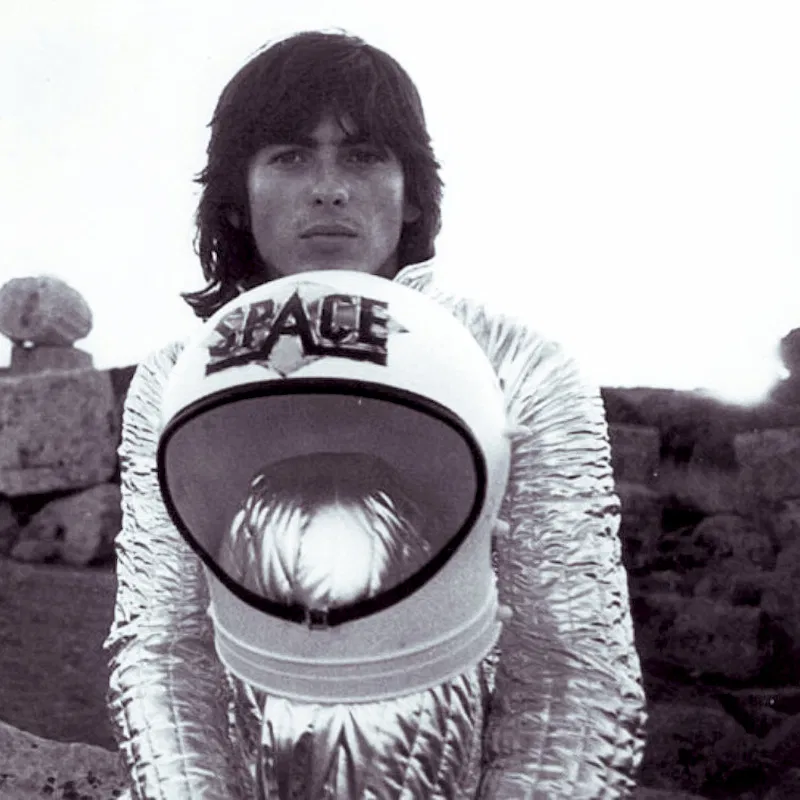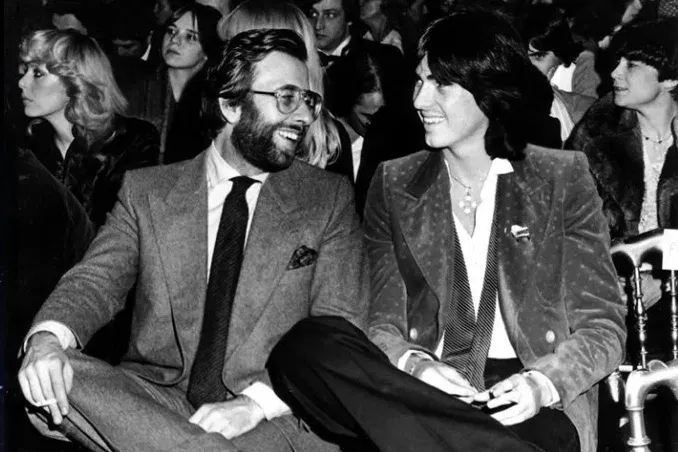Space. A brief history of the electronic band whose hit Magic Fly is known to everyone

A Frenchman from the Principality of Monaco, Didier Marouani received a classical music education and before entering the electronic hall of fame, he sang on solo records about love. He was interested in synthesisers, listened to the works of the inventor of noise music Pierre Schaeffer and wrote various music to order. Once, the French TV launched a show about space
For a whole year, Space, consisting of four people, performed in silver spacesuits with their faces covered with helmets. Their single Magic Fly became No. 1 in 15 countries while their first two albums, both released in 1977, were eagerly bought up by fans of accessible electronic music, which suddenly turned out to be melodic. The alien costumes, which were well suited to the theme, served one purpose more: no one from the first label should have known that Marouani had a side hustle. “We were performing always during 1 year with our space suits, I asked my record company to give me back my contract as singer and after that I announce to the medias that I create and compose the band”, recalled Didier.
Check the best of Space ↓
The first concept album, in addition to a deliberately cosmic theme, flirts with funky soul music. Marouani didn’t pretend that Carry On, Turn Me On wasn’t recorded for the American market, where the song was released as a separate record, and later became a hit in black clubs in the United States. This continued on the next Space albums with less music and more vocals. The band was losing its cosmic charm and openly drifted towards ordinary pop music.
It all ended very quickly. After three albums, in 1978, Marouani decided to give a big concert near the Eiffel Tower. He received official permission from the authorities and began to actively advertise the upcoming live show. But a month before the scheduled date, the band’s producer intervened and cancelled the concert. It was scandalous and embarrassing. Didier wanted to fire the producer, but it turned out that the cunning

The last album, Deeper Zone, was recorded in 1980 with fewer members, without Didier. It turned into a mix of American funk à la Gloria Gaynor with British


